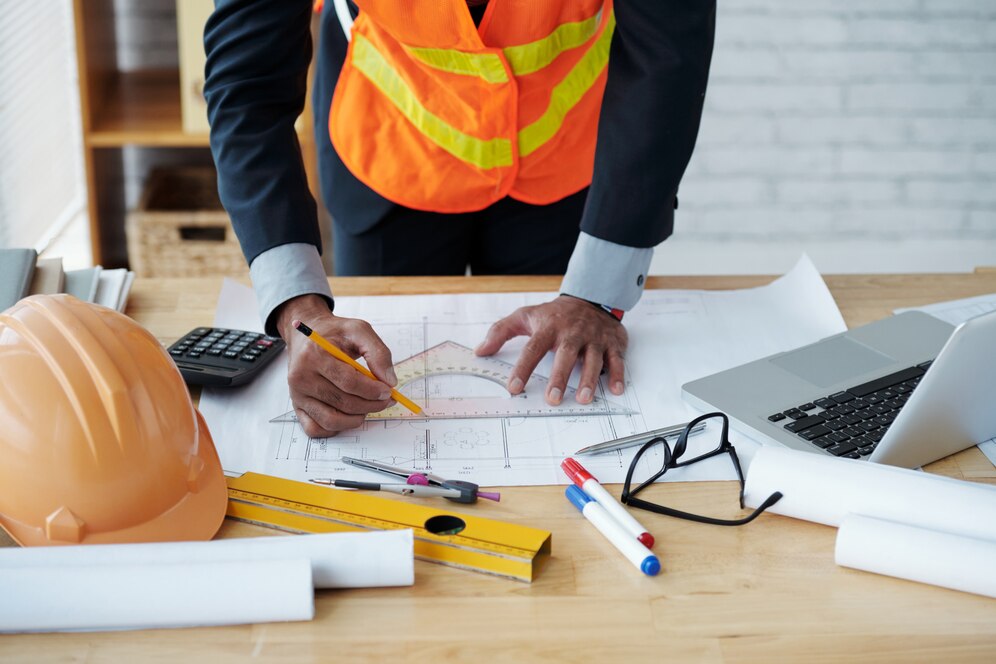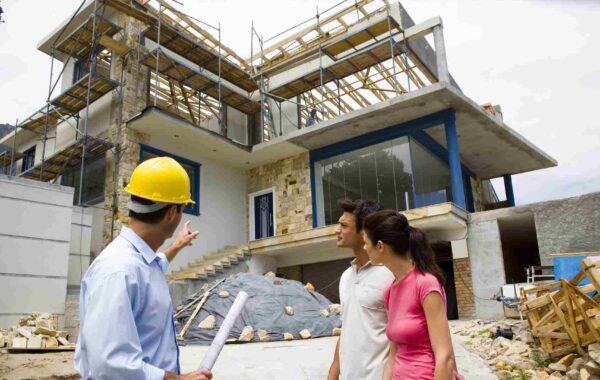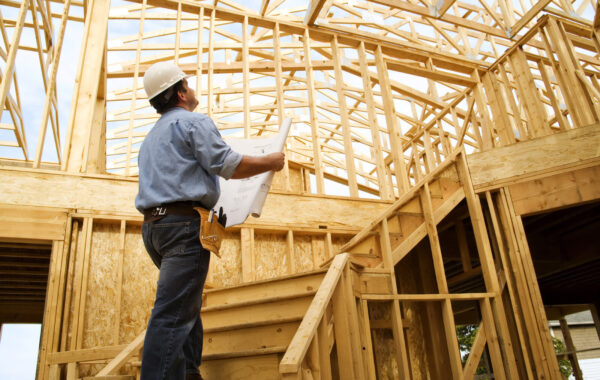
How Construction Management Can Save You Time and Money on Your Project
Time and money are your two most-valued assets when it comes to investing in the construction of a project, whether it is home remodeling, new Construction management 101, or commercial rehabilitation. So often, projects are derailed by unexpected delays, budget overruns, and miscommunication between crews. That’s where Construction management 101 makes all the difference.
Think of it as your behind-the-scenes serf that keeps everything on track, on budget, and stress-free. In this post, we’ll break down exactly how smart construction management 101 can save you both time and money, and why it might just be the best decision you make for your project.
What is Construction management 101 (CPM)?
Construction project management (CPM) can be defined as the process of planning and controlling an activity from beginning to end. It aims to deliver a product to the client on time, within budgetary constraints, and to the required quality standards.
A construction project manager is responsible for scheduling, budgeting, communicating, and problem-solving; basically, keeping all teams and tasks in sync. A project, whether large or small, residential or commercial, depends on CPM to give structure, efficiency, and leadership to all aspects of construction.
Roles of Construction management 101 and Contractor
All construction projects have a Construction Manager and a Contractor who each play vital roles. Their responsibilities, domain of expertise, and involvement differ with the project.
Construction Manager (CM)
The Construction Manager is responsible for managing the whole Construction management 101 process from start to finish on behalf of the owner or developer. The CM involvement starts from early planning and goes through to the project concluding. The CM’s role is to be an interface with respect to time, cost, quality, and communication for the life of the project.
In general terms, the responsibilities of a Construction Manager are as follows.
- Project planning and scheduling
- Budget administration and cost control
- Coordination with architects, engineers, and other stakeholders
- Selecting and administering the works of contractors and subcontractors
- Safeguarding safety, quality, and compliance
- Problem-solving and risk management
- Acting as representatives of the owner during the life of the project
Construction managers are usually advisory persons, not physically involved in construction themselves.
Contractor
A Contractor (typically termed as General Contractor or GC) is an individual who is usually entrusted with the responsibility to undertake the actual construction activities. They are contracted to undertake the task as per the plans and specifications prepared by a design team. It manages the required labor, materials, equipment, subcontractors, and more for the successful completion of work.
Key Responsibilities of a Contractor:
- Engage and supervise all subcontractors and labor crews.
- Procure construction materials and Equipment.
- Execute actual construction work per plans and contracts.
- Coordinate daily operations on-site.
- Safety and quality assurance requirements.
- Opening and closing dates with scope.
- Manage Approvals, inspections, and compliance.
While construction is concerned with most of the aspects of building, the contractor handles all sorts of things related to the project. A construction manager, on the other hand, manages the entire project for the best possible outcome.
10 Powerful Ways Construction Management 101 Saves You Time and Money
Time and budget are everything regarding construction, whether it is a source of your satisfaction in the construction of your house or a major project for a commercial development. Enter Construction management 101 (CM). The right Construction management 101 should smooth out a project, avert costly mistakes, and keep things moving along.
Here are 10 ways construction management 101 helps complete projects faster and cheaper:
1. Planning and Scheduling
One of the technical jobs of a Construction management 101 is to write an agenda and schedule for the project, which should be done from day one. A well-structured plan ensures that work is carried out in the right order and on time.
Construction managers utilize advanced scheduling tools to anticipate potential hindrances and develop proper actions before the problem arises. When a clear timeline and fair amounts are set, it enables avoiding costly downtime.
2. Budget Management by Professionals
Construction often turns costly because of poor estimation or some unforeseen circumstance. A skilled construction manager helps you develop a realistic budget and ensures that costs related to labor, materials, and facilities remain on track. He will continuously track the expenses and alert you to cost-saving opportunities so that you never get caught with the unexpected.
3. Clear Construction management 101
Any construction project involves the participation of numerous parties, particularly the architects, the contractor, subcontractors, and suppliers. The ambiguities in communication cause delays and mistakes.
Construction managers serve as a hub of communication between all parties-informing all, reducing miscommunications, making sure all team members have the same information at the same time, which in turn will speed up decision-making and cut any delays and unnecessary time loss.
4. Delays Prevention
Many delays in construction projects may be unavoidable, but construction managers try to avoid them with their knowledge. They proactively assess potential risks, like bad weather or material delays, and create strategies to minimize their impact.
Contractor allows for challenges to be met ahead of time and for areas of concern to be resolved before escalation, ensuring that the working timeline is being respected by actual activities.
5. Selection and Coordination of Expert Construction management 101
To ensure the successful completion of a project, the right contractor or subcontractor should be selected. A reputable construction manager is aware of how to choose an experienced and dependable contractor for the work that needs to be done efficiently and at a fair cost.
This qualified person will ensure that all contractors work without conflicts and overlapping work, which are the causes of delays and cost overruns.
6. Quality Control and Risk Mitigation
This would all be in perfect balance: an assurance that every stage of the work meets the standards of quality specification and avoids the need for costly rework. By closely monitoring safety on-site, a construction manager helps prevent accidents that can cause costly delays.
7. Proper Management of Resources
Proper management of resources such as labor, materials, and equipment is done by a construction manager. They optimize the use of these resources to ensure efficiency in the project without unnecessary downtime, thereby eliminating the necessity of renting more equipment or hiring more workers, thus saving costs.
8. Quick Decisions
Decision-making at the site is very important to control a possible delay when issues arise. A quick decision under construction will be made as the construction manager will take the authority to make fast and clear decisions since they are the ones the experience in handling the issues. This way, the project just goes on without waiting for outside approvals or directions.
9. Vendor and Supplier Management
As much as construction projects depend on the flow of materials and supplies, they generally depend on correspondence with vendors to develop materials and supplies. This is what the construction manager is involved in when it comes to setting things in place for these commodities to arrive as and when they are needed. They are well established through the existing networks, suppliers, and vendors, which allow them to cut up on some costs and work without interruptions caused by shortages of materials.
10. Ensures compliance and permits
The whole process could be quite complicated as it involves obtaining an understanding of building codes, complete with local regulations, and then filing the paperwork for obtaining permits. The construction manager orchestrates all that, in the very beginning, not allowing compliance with any legal issues about laws and regulations.
Since they handle all related issues arising out of documentation and legality, this keeps the project safe from any cost delays caused by fines, any kind of rework, or an inability to proceed due to a lack of permits.
Wrapping Up
From avoiding delays to eliminating excess costs, construction management lays the foundation for a successful, efficient build. With the right strategies put in place, proper planning, clear communication, and experienced oversight, there is no doubt that the project will run on course from beginning to end.
Whether it’s a residential renovation or a large-scale commercial project, professional construction management is not just a matter of cost; it is essential.
At Total Mobile Restoration, we put these principles into action. As one of Savannah’s top-rated construction contractors, we’re known for our quality workmanship, punctual delivery, and cost-efficiency. You focus on the vision, we’ll take care of the rest.




